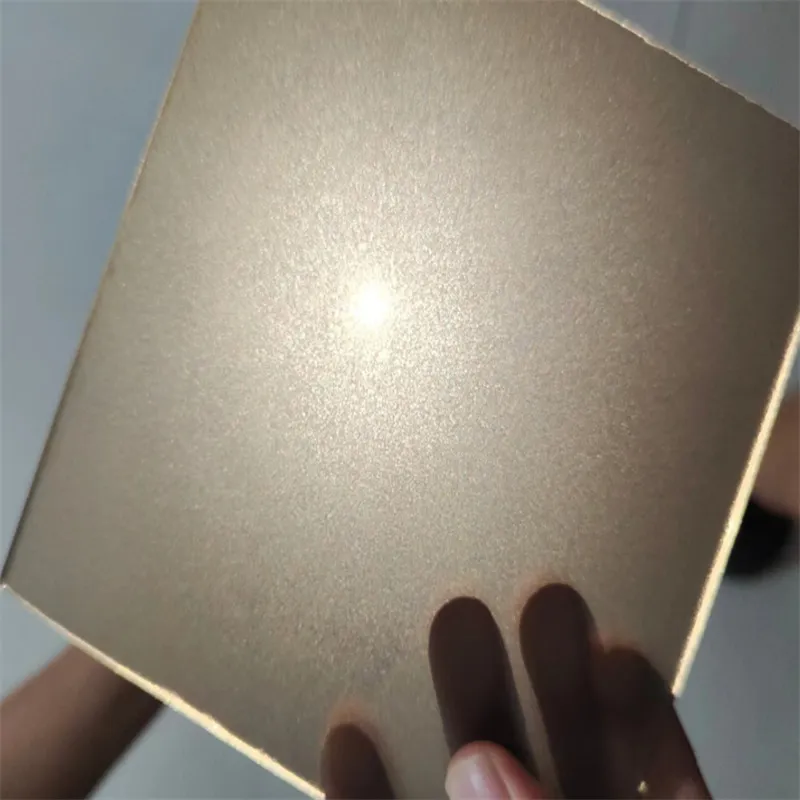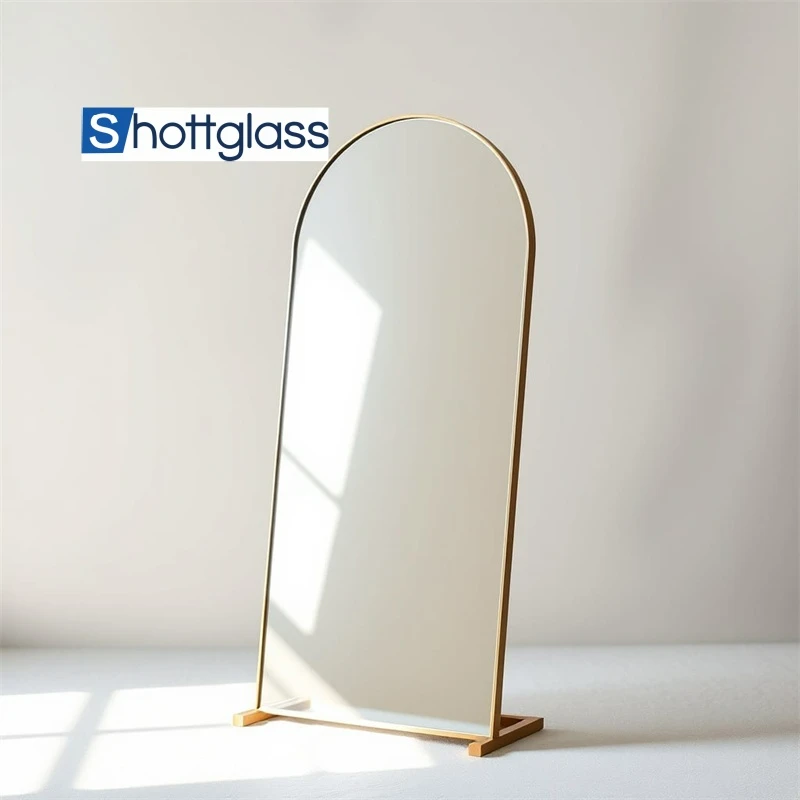Sep . 23, 2024 02:35 Back to list
insulated glazing
Understanding Insulated Glazing Benefits and Applications
Insulated glazing, commonly known as double or triple glazing, refers to windows or glass units that consist of two or more layers of glass separated by a space filled with air or gas. This innovative design is a critical advancement in energy conservation and environmental sustainability, playing a vital role in modern architecture and construction. As energy efficiency becomes a priority for homeowners, businesses, and governments alike, insulated glazing systems offer numerous benefits that go beyond mere aesthetic enhancement.
One of the primary advantages of insulated glazing is its remarkable thermal performance. The air or gas (often argon or krypton) trapped between the panes acts as a thermal barrier, significantly reducing heat transfer. This means that in colder months, heated air remains inside the building, and in warmer months, the cool air is retained. As a result, insulated glazing helps maintain a comfortable indoor temperature, ultimately reducing the need for heating and cooling systems. This energy efficiency translates to lower utility bills and a reduced carbon footprint, making it an essential consideration in sustainable building practices.
Moreover, insulated glazing also provides excellent sound insulation. The design effectively dampens external noise, creating a more peaceful indoor environment. This attribute is especially valuable in urban areas or locations near busy highways, where noise can be a significant issue. By choosing insulated glass for windows, homeowners can enjoy quieter living spaces without the hassle of additional soundproofing measures.
insulated glazing

Safety and security are additional benefits worth noting. Insulated glazing units are typically made from tempered or laminated glass, which enhances their strength and durability. In the event of breakage, the glass shards are less likely to cause injury, providing an extra layer of safety. Furthermore, the robust nature of insulated glazing adds an extra barrier against intruders, contributing to the overall security of the property.
In terms of aesthetics, insulated glazing offers a range of options that cater to various architectural styles. The slim profile of double or triple-glazed windows allows for larger glass surfaces, maximizing natural light while minimizing energy loss. Additionally, manufacturers provide various coatings and tints to enhance the appearance of the glass and control solar heat gain, providing both beauty and functionality.
While the benefits of insulated glazing are manifold, it is essential to consider its installation and maintenance. Proper installation by professionals is crucial to ensure optimal performance. If not installed correctly, the insulating properties can be compromised, leading to issues such as condensation between panes. Routine maintenance is also recommended to keep the seals intact and the glass clean, thereby preserving the performance and aesthetic appeal over time.
In conclusion, insulated glazing is a cornerstone of modern window technology, offering substantial advantages in energy efficiency, sound insulation, safety, aesthetics, and overall comfort. As the demand for sustainable building solutions continues to rise, incorporating insulated glazing is becoming increasingly common in both residential and commercial constructions. By understanding its benefits and ensuring proper installation and maintenance, property owners can enjoy the numerous advantages that insulated glazing brings, leading to a more energy-efficient and comfortable living environment.
-
Sustainable Practices in a Modern Coated Glass Factory
NewsAug.07,2025
-
Insulated Glass Unit Installation Best Practices and Tips
NewsAug.07,2025
-
Frosted Glass Types and Custom Solutions for Sale
NewsAug.07,2025
-
Current Clear Float Glass Price Trends in Global Markets
NewsAug.07,2025
-
Comparing Different Types of Laminated Glass Performance
NewsAug.07,2025
-
Best Anti Fog Bathroom Mirror Solutions for Humid Climates
NewsAug.07,2025
Related PRODUCTS














